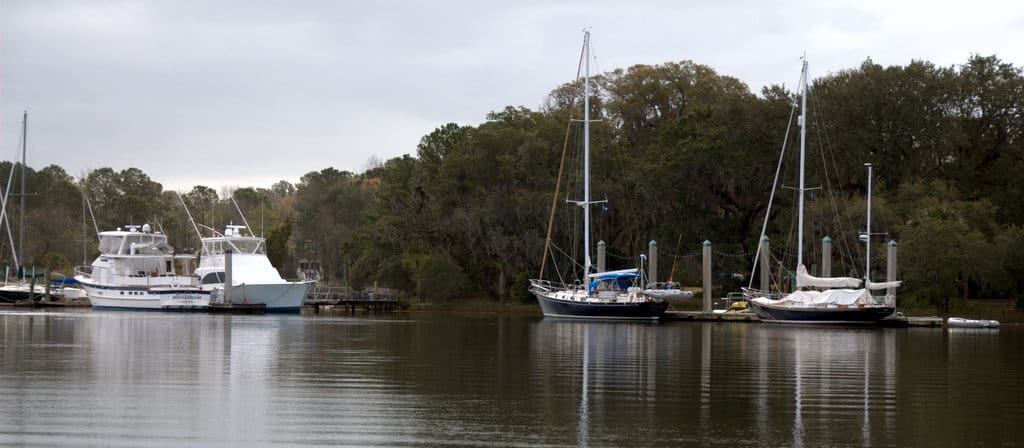Good morning to Captain and crew alike and welcome to the Admiralty Docket. This is John Hughes Cooper with a glimpse into your rights and responsibilities at sea and upon the navigable waters.
glimpse into your rights and responsibilities at sea and upon the navigable waters.
Today our subject is the validity of oral contracts under the admiralty law.
Under the laws of many states, contracts must be reduced to writing to be enforceable by the courts. The statute of frauds requires most contracts of significance to be written. Thus contracts for the sale of land, contracts involving payment of $500 or more, and contracts which may take more than a year to perform, may all be invalid or unenforceable under applicable state statutes.
However, oral contracts are completely enforceable under the admiralty law. This is consistent with a long maritime tradition of contracts formed by a man’s word and sealed by his handshake. Such contracts forged commerce between nations and across the oceans for centuries.
Contracts directly concerning vessels in navigation, or seamen subject to the call of duty, or carriage of goods or passengers upon the navigable waters are considered maritime contracts. Contracts to charter vessels, contracts to repair vessels, and contracts for supplies, fuel, insurance, or other necessaries actually provided to a vessel in navigation are maritime contracts and are governed by admiralty law.
Under Article III of the U. S. Constitution the federal courts are granted jurisdiction over admiralty and maritime cases. By the Judiciary Act of 1789, which is still law today, Congress gave the federal courts jurisdiction to hear cases within the admiralty jurisdiction but also gave the state courts the power to hear most admiralty cases not involving in rem remedies against vessels. This rule of concurrent jurisdiction does not apply to claims for salvage awards or to actions against vessels in rem.
For over 200 years, this system has allowed both federal and state courts to hear and determine admiralty cases. If a case is within the scope of the admiralty jurisdiction of the federal courts, then the court hearing the case, whether a federal court or a state court, must apply the federal admiralty law to decide the case. So the applicable law is determined, not by the court in which the case is brought, but by whether the case could have been brought in federal court under the admiralty jurisdiction.
If a contract case involves a maritime contract, then the admiralty law will apply to allow enforcement of the maritime contract even absent a writing.
This brings us to the case of the maritime bigamist. The admiralty judge was faced with wild allegations. A distressed, but attractive young woman was the plaintiff. She testified to the breach of contract by her supposed husband, the master of a sailing schooner. Although his offer of marriage was made on land, she accepted upon the navigable waters during a memorable night under the stars. The young bride gave up her good name and her innocence but contemplated a blissful lifetime together upon the high seas, living aboard the schooner.
Upon discovering the master previously married to another without intervening divorce, the plaintiff filed suit alleging breach of a maritime contract of marriage. The master defended on the basis that the contract was for a relationship essentially landside and thus required to be written. The admiralty judge had a keen eye for justice and wasted little time in finding the contract maritime and enforceable without a writing. The plaintiff wasted little time in replacing the master of the schooner.
More next week on The Admiralty Docket. Until then, remember your rights and responsibilities may change as you approach the shore and may God Almighty grant you pleasant sailing.










